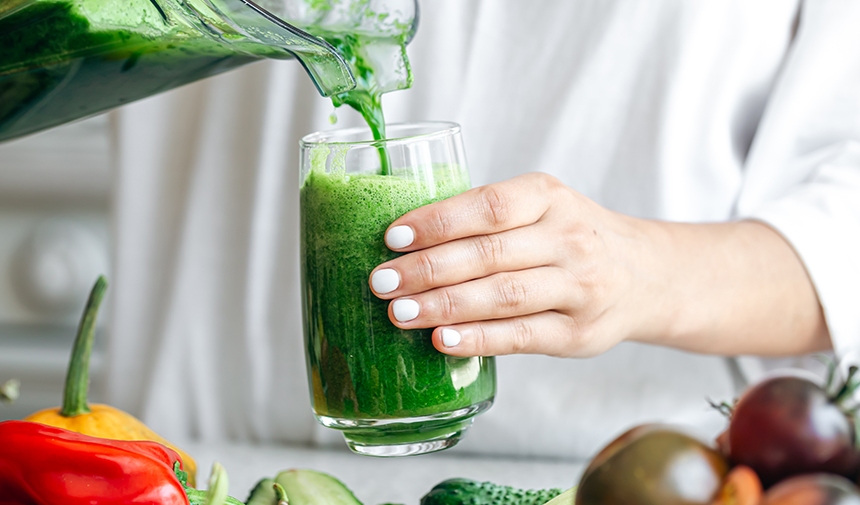The Importance of Detox Against the Challenges of Modern Life: Steps to a Healthy and Clean Life
Today’s fast-paced and stressful lifestyle can leave our bodies and minds overflowing with harmful toxins. Environmental pollution, processed foods, stress and chemical exposures are the main sources of toxins that accumulate in our bodies and negatively affect our health. At this point, detoxification, or detoxification, is an important tool to rid our bodies of these harmful substances and improve our overall health.
The importance of detox stems from the need to deal with the various toxins that modern life brings. Our bodies naturally have detoxification processes; the liver, kidneys, lungs, skin and digestive system play an active role in this process. However, as the environmental and lifestyle toxin load increases, these natural processes can become insufficient. This is where a conscious detox program can step in and support our body.
The detoxification process is based on basic components such as proper nutrition, water consumption, regular exercise and stress management. The first step is to eat foods that support our body’s detoxification organs. Fresh fruits and vegetables, whole grains, healthy fats and adequate protein intake support the body’s detoxification process. In particular, foods such as dark green leafy vegetables, lemon, garlic and ginger accelerate the detoxification process and help remove toxins from the body.
Drinking plenty of water is also an indispensable part of the detox process. Water is one of the most important tools to help the body eliminate toxins. Drinking enough water on a daily basis ensures optimal functioning of the kidneys and digestive system. Drinks such as herbal teas and detox juices can also support this process.
Regular exercise helps the body to remove toxins through sweat. The increased heart rate and sweating during exercise helps to remove toxins through the skin. Types of exercise such as yoga and pilates both strengthen the body and contribute to the mental detox process. Stress management also plays an important role in the detox process. Stress can increase the body’s production of toxins and negatively affect detoxification processes. Activities such as meditation, deep breathing exercises and spending time in nature support the detox process by reducing stress.
Another important point to consider during the detox process is to reduce chemical exposure. Chemicals from sources such as household cleaning products, personal care products and processed foods can cause toxin accumulation in our bodies. We can minimize this exposure by choosing natural and organic products. It is also helpful to use air purifiers indoors and spend more time outdoors to reduce exposure to environmental pollution.
When starting a detox program, it is important to remember that each individual’s needs are different. Factors such as personal health status, age, gender and lifestyle mean that a detox program needs to be tailored to the individual. Therefore, it is important to consult a health professional before starting a detox program and create a plan that suits individual needs.
In conclusion, detox is an important tool for dealing with the toxins of modern life and maintaining a healthy lifestyle. Key components such as proper nutrition, drinking plenty of water, regular exercise, stress management and reducing chemical exposure increase the effectiveness of the detox process. A detox program, tailored to individual needs, cleanses the body and mind, improves overall health and helps us live a more energetic and balanced life.



